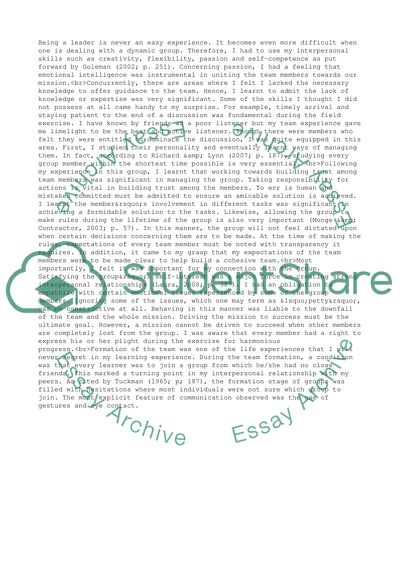Cite this document
(Effective Team and Performance Management Literature review, n.d.)
Effective Team and Performance Management Literature review. Retrieved from https://studentshare.org/management/1400069-effictive-team-and-performance-management
Effective Team and Performance Management Literature review. Retrieved from https://studentshare.org/management/1400069-effictive-team-and-performance-management
(Effective Team and Performance Management Literature Review)
Effective Team and Performance Management Literature Review. https://studentshare.org/management/1400069-effictive-team-and-performance-management.
Effective Team and Performance Management Literature Review. https://studentshare.org/management/1400069-effictive-team-and-performance-management.
“Effective Team and Performance Management Literature Review”, n.d. https://studentshare.org/management/1400069-effictive-team-and-performance-management.


